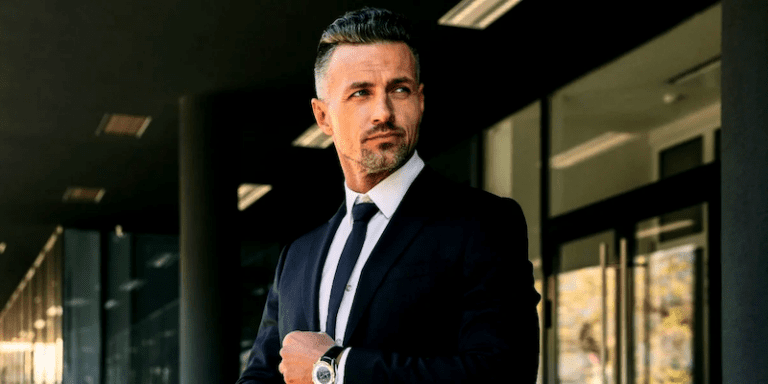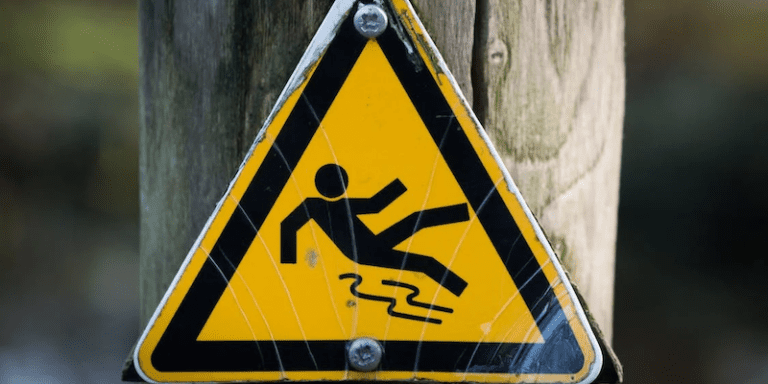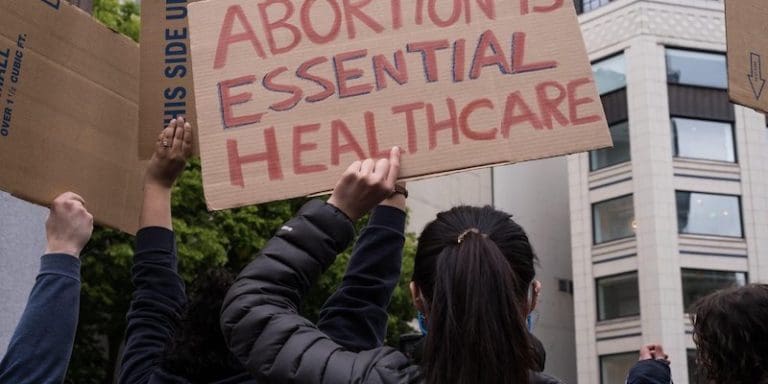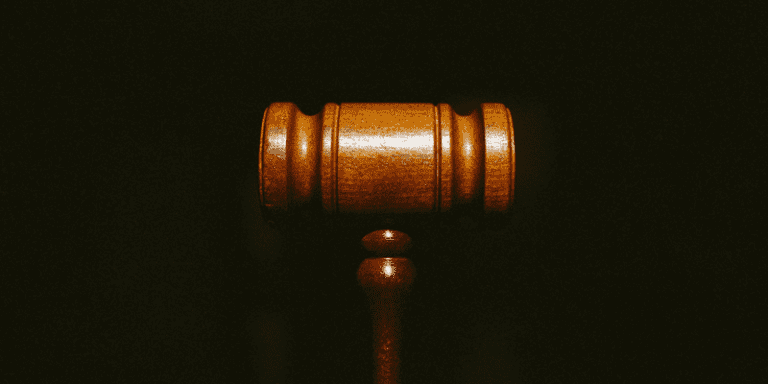Posts by Robert E. Cranston, MD, MA (Ethics)
Ruminations on Behavior
The environment we live in influences our behavior, and this includes the people we spend time with, the things we read or watch, our social media engagement and our leisure activities.
Read MoreAt the Table or On the Menu
On June 18, 2024, Miles Meline highlighted a recent study published in The American Journal of Bioethics called, “Bioethicists Today: Results of the Views in Bioethics Survey,” which confirmed Smith’s, and in general our, worst suspicions.
Read MoreLies, Love and Civil Discourse
Today, recognizing the numerous forms of lying to which we are tempted, our communication is to be characterized by veracity, courage and love. Especially in our highly polarized society, when we see the stakes of political decisions as being so high, it is tempting to fudge the truth to win an argument, or avoid speaking the truth, in order to keep the peace and avoid painful confrontation.
Read MoreThe Ethical Healthcare Professional
No one would choose to be treated by an unethical healthcare professional. So, how do we as established healthcare professionals go about teaching the next generation of caregivers how to behave ethically, and what are some of the most important areas we should focus on in education?
Read MoreChildhood Bereavement—Our Response
It’s been reported that a total of 8 percent of all children in the United States will experience death of a parent by the time they reach the age of 18 years. If the endpoint of this analysis is 25 years, a total of 14.7 million will experience this tragedy in their lives.
Read MoreWho Do You Believe, and Why?
When we are attempting to think rationally in appropriate syllogistic lines, for us to draw accurate conclusions from news items we see on television, in the news and on social media, the information we receive as the input to our process must be accurate, and to a great extent must be complete.
Read MoreControl is an Illusion
We have no real power to change others. We can point them toward truth, we can pray for them and we can show them rational and emotional reasons to change; ultimately, any growth on their part must be motivated by their own desire and decision to change.
Read MoreBrain Death Revisited: Are the New Recommendations Too Much, Too Fast?
Until there were ventilators, and until organ transplantation became a therapeutic reality, the designation of death was based solely on cardio-respiratory criteria.
Read MoreSaying, “This is as good as it gets”
I have a dear Christian friend of whom I have finally had to say, “This is as good as it gets,” and leave him in the Lord’s hands.
Read MoreThe Slippery Slope and Inevitability
As James 4:17 says, “Therefore, to him who knows to do good and does not do it, to him it is sin” (NKJV).
Read MoreThe Call
As a young man, I struggled some, wondering what my true calling in life was. At age 18, after months of prayer, I felt the Lord was calling me to life as a physician. Later, in medical school, the multiple options for work within medicine fascinated and, at times, bewildered me. They say the average undergrad student changes their major five or six times. I don’t know what the number is for medical students, but I know I seriously considered multiple options before I finally settled on neurology as a career choice, and later God also led me into working in palliative medicine, healthcare leadership and medical ethics.
Read MoreConscience, Rights and the Social Imaginary
At the time of this writing, the official U.S. Supreme Court ruling on the possible overturn of Roe v. Wade is still pending. The contents of the leaked Samuel Alito document stating that the right to an abortion is not ensconced in the Constitution is still in draft form.
Read MoreWho is to Blame, and How Should They Pay?
Pontius Pilate asked in John 18:38, “What is truth?” (NIV). More than 2,000 years later, we often find ourselves in the same position. It is hard to know what, or whom, to believe. Many of the people we would expect to be reasonably honest and transparent can no longer be trusted. The faith we place in major media outlets, large corporations, government officials and even churches may be at an all-time low.
Read More“First Do No Harm”
What would you think of a major regulatory body, known for its demanding standards for quality and utility—read integrity—that suddenly abandons its own rules, despite the loud protestations of its own quality advisory committee, and put its imprimatur of approval on a medication that: 1) fails to meet its established endpoints of utility; 2) costs more than $50,000 per year; and 3) has well-documented negative side effects? Not much, I hope. Unfortunately, this is exactly what the U.S. Food and Drug Administration (FDA) recently did with Aducanumab (trade name Aduhelm), a new monthly injection for early Alzheimer’s Disease.
Read MorePrivate Equity in Healthcare
While many people, including healthcare professionals, think that much of medical ethics is highly arbitrary and relativistic, with the single prevailing rule being patient autonomy, there are nonetheless some widely accepted principles within medical ethics. Principlism, which is based on four guides made famous by Beauchamp and Childress, includes patient autonomy, beneficence, non-maleficence and justice. Unfortunately, for many people, these are the only ethical considerations needed to make informed decisions regarding right and wrong regarding patient care. Several other considerations are needed to decide complex issues rightly.
Read MoreRedemptive Treatment of Healing Professionals
Some systems have treated healthcare professionals with clinical skill loss in an almost punitive manner. Aside from careless incompetence, abandonment of patients or grossly unprofessional behavior, this is inappropriate, damaging to the professionals and harmful to society.
Read MoreIdentifying Healthcare Professionals Who May No Longer Be Able to Care for Patients
As Christian healthcare professionals, God has granted us the high privilege and responsibility of serving others through healthcare. Part of this responsibility is that of maintaining clinical knowledge and skill in order to provide high quality care to our patients. If we lose some of our skills due to trauma, physical or mental illness, or due to normal aging, this may not always be optimally possible.
Read MoreThe Incredible Impact of a Humble Man of Faith
In a previous blog, I recommended John Stonestreet, president of the Colson Center, and BreakPoint, his daily blog. The Colson Center has several formats for outreach including the Colson Fellow program, weekly podcasts, daily email briefings and Wilberforce Weekend. The Colson Center takes on many of the most pressing issues of the day and thoughtfully discusses ways in which we as Christians can engage our culture. As I said in that earlier blog, if you stop reading this right now and explore the Colson Center options, I will have succeeded in pointing you to a good path for improving your Christian walk.
Read MoreLet Us Be Healers
n the process of these elections—national, state, county, city—people who used to treat others civilly have forgotten how to do so. Politics has torn families apart, severed relationships and caused some people to say and do things that can never be unsaid or undone. In their efforts to obtain elected office, politicians and their support teams in both parties perpetrated rumors, lies and innuendo regarding opposition candidates. Some of these actions have destroyed reputations. Social media has helped to perpetrate the spread of misinformation.
Read More













